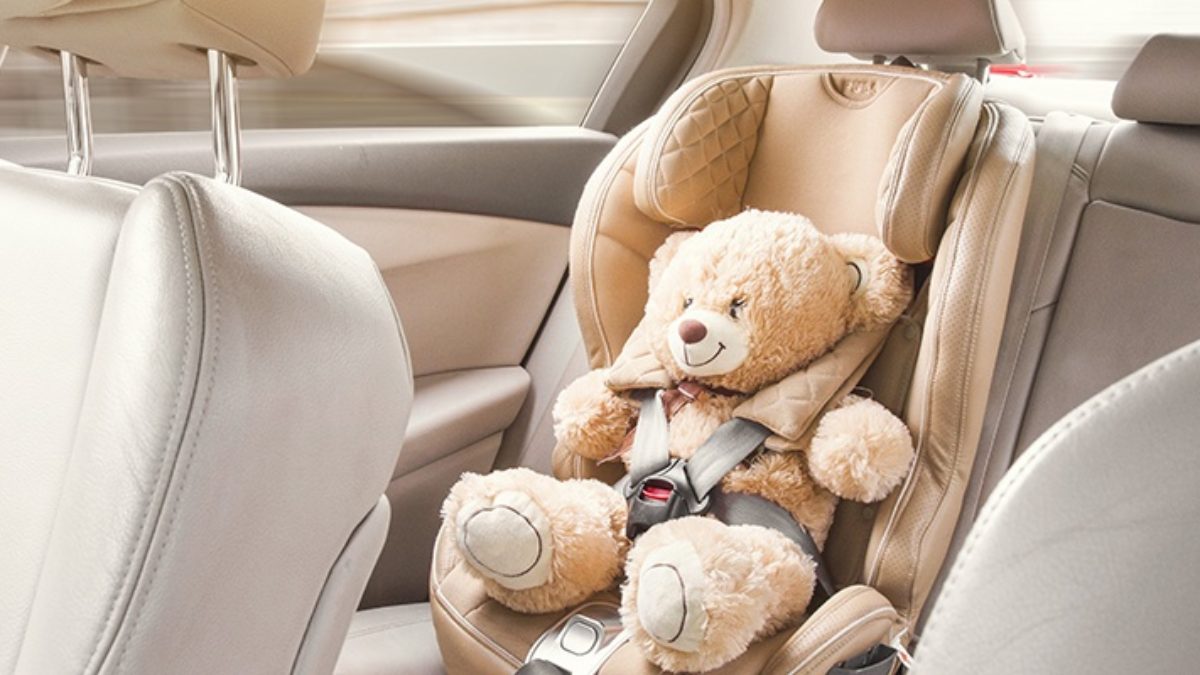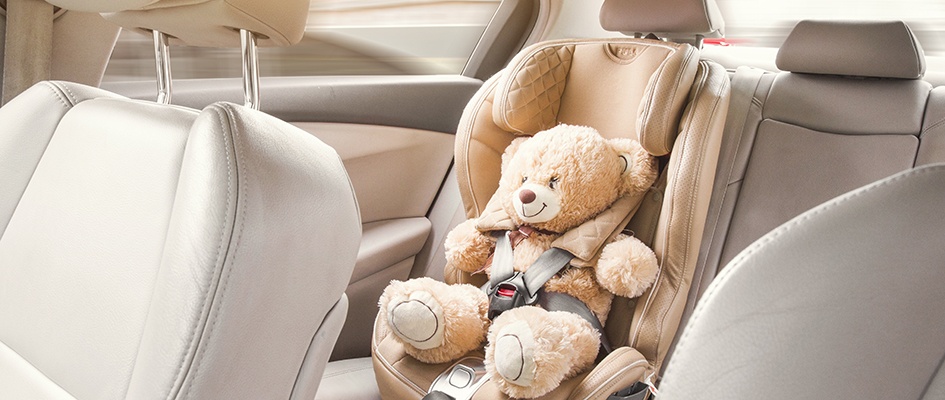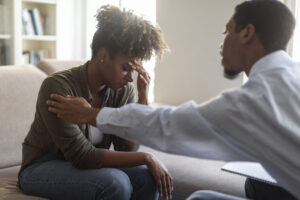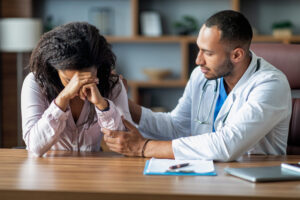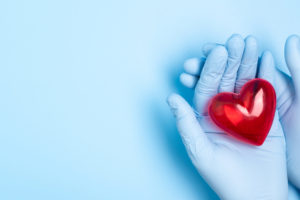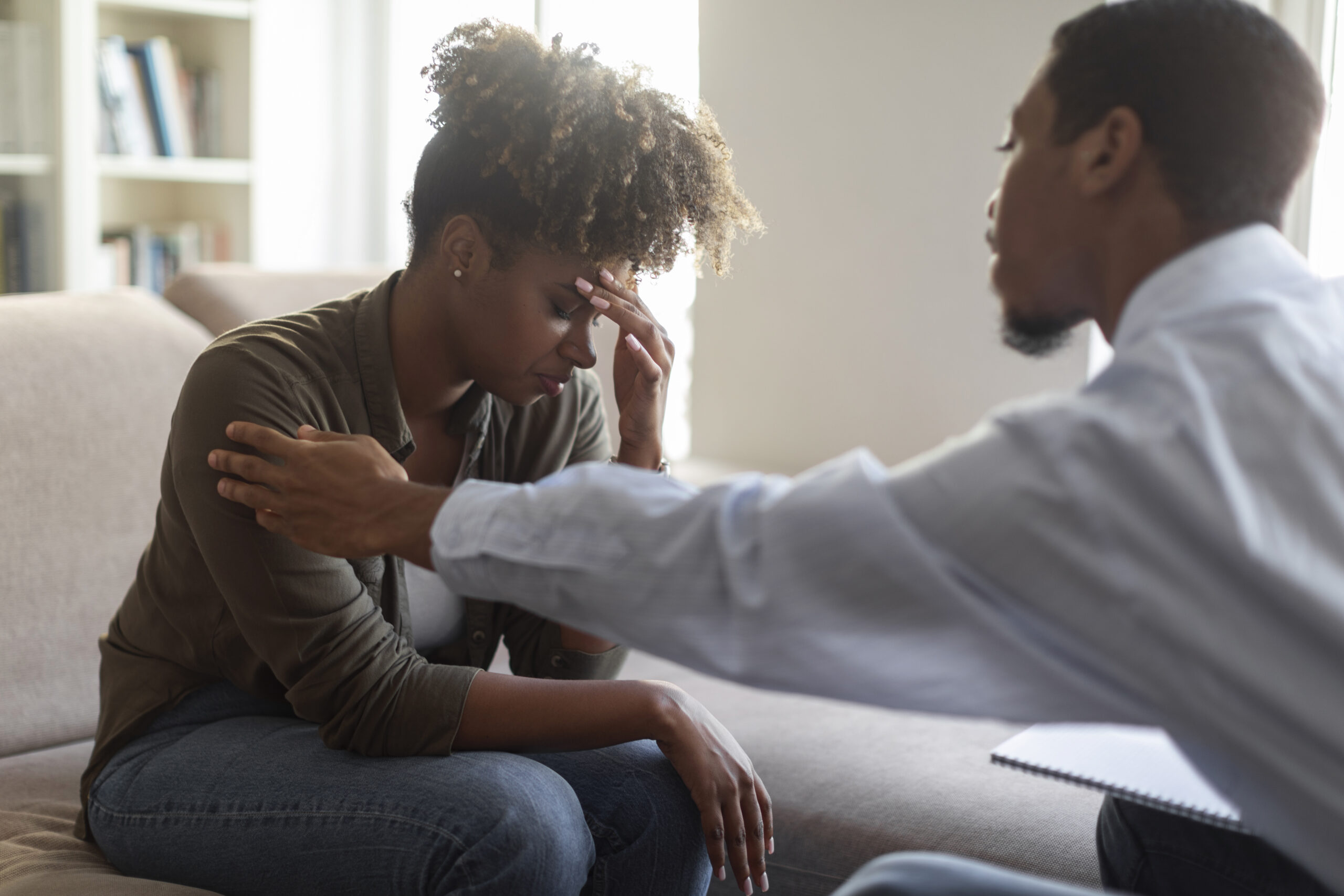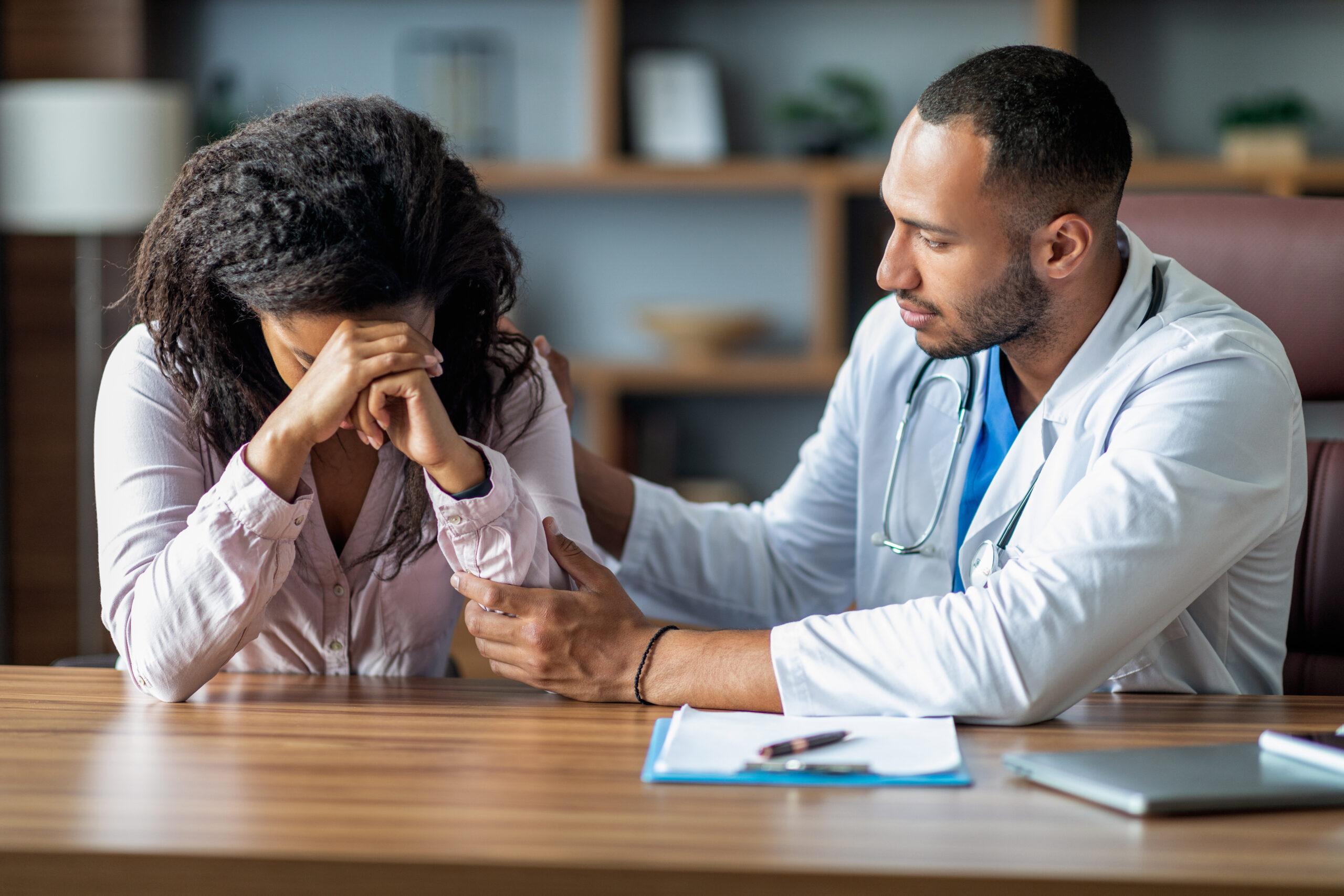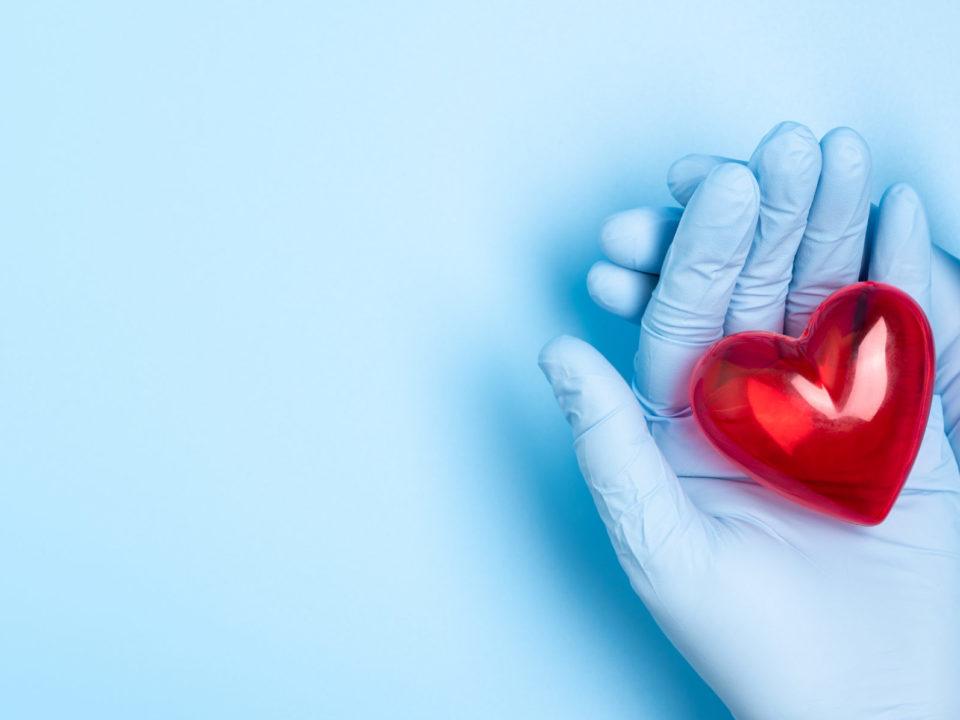December Holiday Safety: a Guide to the Emergency Holiday Kit
Ah, December – that glorious time when we all stop to enjoy the year that has been filled with its highs and lows. As wonderful as the summer is, it is also a dangerous period that can lead to serious injury or death, which would mar and scar a special season in the minds of those who are affected by it in a negative way.
The busiest days to travel over the period are around 16 December, from 20-24 December, and from 27-31 December.
In this article, we cover the 5 main types of holidays – the 5 Bs – that most South Africans will enjoy – and what are the most important precautions to take for each.
1. Backyard Braai
Many South Africans may choose to stay at home for the December holidays, because it’s cheaper to go away at other times of the year, to accommodate family visits, or simply because they cannot afford it. No matter – staying at home can be wonderfully restful in December, and it’s a great time to connect with family and catch up with friends who have also chosen to stay.
Invariably, the summer stay-at-home holiday will revolve around outdoor activities and a braai, which may include time spent in the pool. Salads will also flow freely, as they are cool to eat in the hot weather and light on the stomach. Wash salads thoroughly and make sure that children stay away from the open flames of the braai area. Be extra cautious with swimming pools as drowning is common over Christmas. If possible, read up on CPR training or ask your doctor for some guidance.
The most important elements for the emergency holiday kit: suntan lotion, CPR training, insect repellent, antihistamine lotion, a burn kit, antiseptic lotion, surgical spirits, mercurochrome, cotton wool, and plasters (the last four will help with dings & scrapes from outdoor activities and wearing short clothes).
2. Bush
South Africa’s deserved reputation as one of the world’s most beautiful countries – and one of only 17 megadiverse countries in the world – means that many will take in the scenic areas from the Kruger Park and Mpumalanga Lowveld, to the gorgeous camping sites in Limpopo and the North-West, to the stunning nature reserves near the coast and even Botswana.
Exercise maximum precautions and stay in your vehicle if you’re animal watching. This is serious mosquito country so be sure to take an insect repellent. If you’re travelling into malaria areas, remember to take malaria prophylaxis (speak to your doctor for guidance).
The most important elements for the emergency holiday kit: insect repellent, a hat for the sun and sunglasses, anti-malaria medication, good walking shoes, emergency contact info, antihistamine lotion, antiseptic lotion, surgical spirits, mercurochrome, cotton wool, and plasters.
3. Beach
Again, the country’s glorious beaches see the annual trek to the coast from inland, with thousands flocking to frolic in the summer waters. The beach is the place where most people burn badly (and this often leads to melanomas and skin cancer later in life), so be sure to stay out of the sun between 10am and 3pm if possible. Use a sunscreen with an SPF of at least 30 (higher if you have fair skin), and don’t forget to cover areas like the back of the neck and your ears.
If you decide to swim in the sea (or your children do), make sure they are always at beaches protected by shark nets, always swim in between the beacons only on days and at times when swimming is allowed, and always obey the lifeguards. Check weather conditions to see if there might be bluebottles in the water when you swim.
The most important elements for the emergency holiday kit: sunscreen, aftersun lotion, antihistamines or the like for stinging injuries, CPR training for drown victims, water for rehydration, a hat for the sun and sunglasses.
4. Berg
From Table Mountain to the Drakensberg, South Africans are spoilt for choice when it comes to mountain holidays. If you’re an outdoor junkie who likes rock climbing, bungee jumping, zip lining and the like, make sure that you have the necessary protective gear. You can’t go wrong with a good pair of hiking shoes. Mountainous areas can still get chilly in the evenings, even in summer, so take a jacket with just in case.
If you wear prescription glasses, make sure you’ve had your eyes thoroughly tested before you leave so that you don’t misstep while climbing a rock face and take a tumble as you fall. If there is cell reception, make sure your phone is fully charged so that you can contact someone in an emergency.
The most important elements for the emergency holiday kit: hiking shoes, bandages for sprains, a heat rub that contains both menthol and eucalyptus to soothe muscles and joints, pain tablets, the number of a good local doctor.
5. Boeing Backpack
Okay, so you don’t need to be travelling internationally to board a plane, it might be an Airbus instead of a Boeing, and you may opt for 5-star luxury instead of a backpackers’ place (even with the exchange rate), but your choice of holiday this December may well be overseas, whether to visit family or enjoy the northern hemisphere snow.
Make sure you pack all your essential medication, as this may be difficult to replace abroad. Speak to your doctor about filling your prescriptions in good time. Unless you’re travelling to a country like Thailand where you can buy antibiotics over the counter without a prescription, it’s a good idea to have a course of general antibiotics handy in case you get an infection. Remember, recycled aeroplane air is the perfect place to catch a cold or flu, and while antibiotics won’t prevent or cure these, they can keep related infections at bay.
The most important elements for the emergency holiday kit: travel insurance when travelling abroad, a course of general antibiotics, necessary vaccinations as prescribed by the host country, water for hydration on the plane, rescue remedy for stress, a natural sleeping aid like chamomile tea.
Other important things to remember
Christmas and New Year is usually a time of excess, so have some Chinese green tea with mint or a liver tonic handy if you do overindulge. Get your car thoroughly serviced and make sure it is 100% roadworthy before you leave – this will prevent an accident or even just a fine from the traffic police, who will be out in full force over the season. Consider an AA membership for peace of mind.
Check that your medical aid is up to date if you have one, or that your hospital plan is current. Let your emergency contact person know your itinerary and have some form of identification with you in case you are knocked unconscious in an incident.
Finally, and most importantly, do not drink and drive. If you want to enjoy some alcohol, then either appoint a designated driver who doesn’t drink alcohol or use an app-based taxi service.
Have a blessed – and safe – Festive Season!
The lenmed Group is a world-class chain of Private Hospitals that brings quality healthcare to communities across Southern Africa.
For more information please contact:
IPSS Medical Rescue
Tel: +27 (0) 823 911 911
Email: [email protected]
Disclaimer: Any information contained here is merely a guideline. Always visit your healthcare practitioner for any health-related advice or diagnosis.




